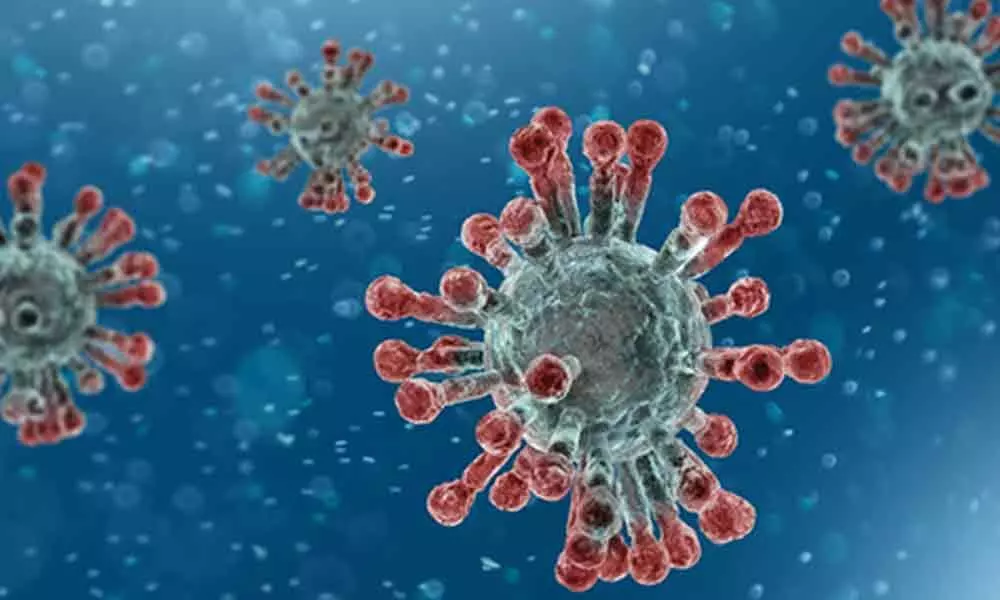Live
- MVA stunned as MahaYuti heads to landslide win in Maharashtra polls
- Trends in Maha and J'khand a reflection of 'Modi magic': BJP
- Karnataka bypolls: Cong leading, celebrations in Channapatna; BJP concedes defeat in Sandur
- India-EFTA trade pact to drive $100 bn investment, boost 99.6 pc of exports
- Karnataka bypolls: Cong leading in all 3 segments, Kumaraswamy’s son trails by 18,029 votes
- MahaYuti bounces back in Vidarbha after dismal show in Lok Sabha polls
- Priyanka Gandhi will win with huge margin, says Telangana CM Revanth Reddy
- Three paramedics killed in Israeli airstrike on Lebanon
- 321 arrested in Tunisia for drug trafficking, criminal offences
- Bihar bypolls: NDA leading on three seats, BSP on one









